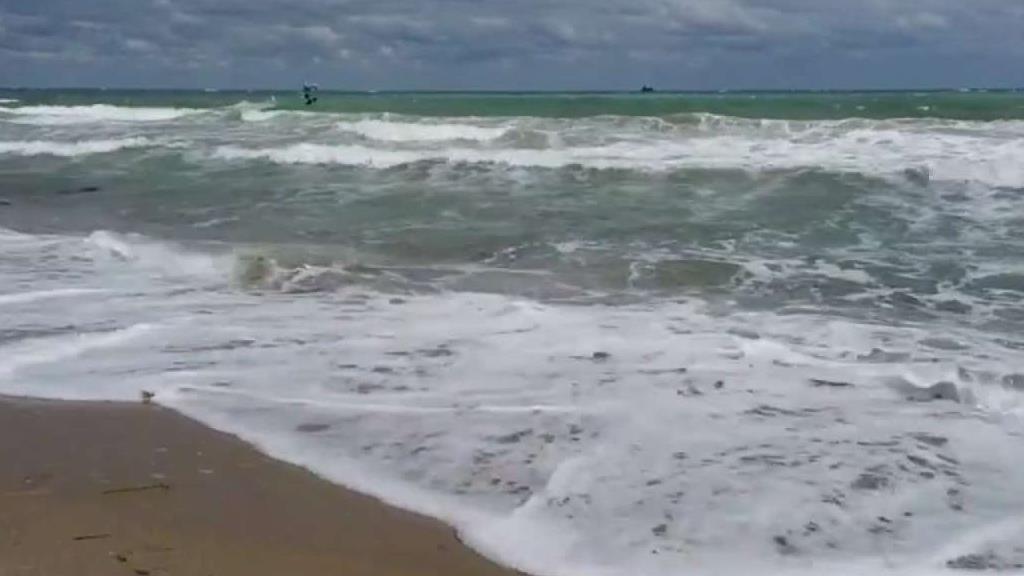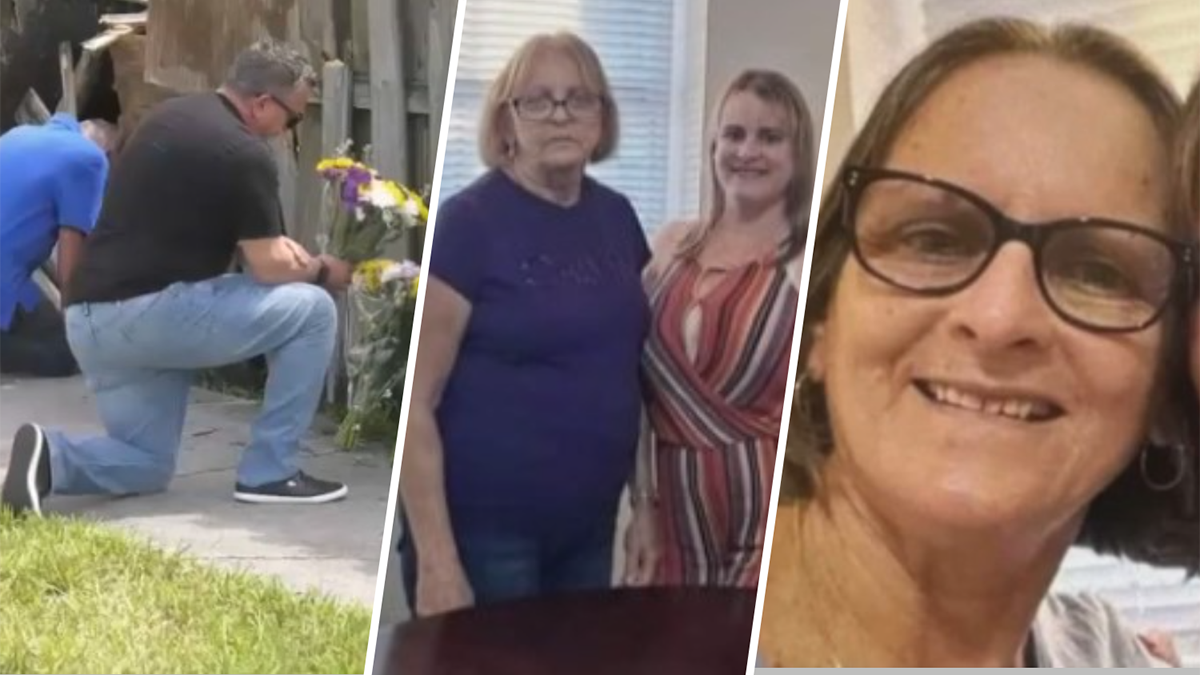Down a network of dirt roads that defies GPS navigation, Florida Republican gubernatorial candidate Adam Putnam and about 100 supporters gathered at a hunting plantation tucked into the Panhandle's pine trees.
There were no television cameras, no throngs of media — just barbecue and sweet tea for the crowd that clearly hadn't migrated from colder climes. Agriculture Commissioner Putnam introduced himself as a fifth generation Floridian, part of the personal outreach central to his campaign.
"We have a lot of native Floridians here, people who love our state, whose families who have bled and sweat and worked their fingers to the bone to carve out of this beautiful peninsula — the civilization that we call modern Florida," Putnam said. "It sets out a marker that says because of all that my family went through to make Florida Florida, I'm committed to doing the right things for the right reasons."
That same day, primary opponent U.S. Rep. Ron DeSantis appeared on Fox News from Israel, where he defended President Donald Trump amid an FBI investigation of Russian meddling in the 2016 election.
"We're actively trying to get the underlying documents that would tell us, did they (the FBI) spy on the Trump campaign or not?" DeSantis said.
The free airtime is worth millions — putting him in front of large numbers of conservative voters who will decide the Republican nominee to replace Gov. Rick Scott — and, coupled with Trump's endorsement, forms the basis of his campaign.
In a state with more than 4.5 million Republican voters, the candidates facing off in the Aug. 28 primary are a study in contrasting campaign styles. Putnam has been to more than 100 breakfasts, barbecues and parades, talking with Floridians about Florida issues. DeSantis has been on Fox News more than 100 times, usually talking about federal issues and defending the president.
Local
The race will test which strategy works best in these times when White House tweets make international headlines and political divides are as wide as they've ever been: Shaking a lot of hands or shaking things up on TV.
"It's an interesting test," said Rick Wilson, a Tallahassee-based Republican strategist. "Putnam has name ID, he's got experience, he's got money. It's sort of the like the Florida guy versus the Fox guy, and we're going to see if that's sufficient anymore."
During the candidates' first debate, which was broadcast on Fox News, Fox anchor Martha MacCallum asked DeSantis about the criticism that he's campaigning from a Washington TV studio.
DeSantis replied that there have been plenty of times he couldn't be in Florida when he wanted to, like when he spent Christmas 2006 on a Navy assignment in Guantanamo Bay, Cuba, and the following Christmas in Iraq.
"I would have loved to have been in Florida with my family, but sometimes duty calls and sometimes you've got to step up and do what's right," DeSantis said.
He said that duty now includes supporting Trump's agenda and uncovering the anti-Trump bias at the FBI and the U.S. Department of Justice.
"That's what I'm paid to do, so I'm going to do my job," he said.
Even while campaigning in Florida, Fox and Trump are a theme. DeSantis did a statewide tour with Fox's Sean Hannity, held a rally with Donald Trump Jr. and plans to stand on stage with the president Tuesday in Tampa.
At Putnam's event in Chipley, Nick Dillard acknowledged that many supporters there were surprised he'd bother to come to a town of less than 4,000 when there where places he could reach a larger audience and raise more money.
"I think it makes him more reachable," Dillard said. "They get it if he wants to go to Pensacola or Panama City, but to come to Chipley — we're a small town. ... Why's he coming here? I think it speaks to his philosophy — the grassroots movement."
Undecided Republican voter Ellen Petrokiewizz, who lives in the Orlando area, likes that Trump continues to rally supporters and back state candidates.
"He's going back and saying, 'Hey, get behind your local politician. Support this guy. Support that guy,'" she said. "DeSantis has already been in the Washington element, so he has been working back and forth there, so it's a different style. I do like the true grassroots of going to the average person, and that's what Putnam has been doing. So, there's positives in both approaches."



